On Nov. 6, barely four months after announcing the latest adjustment to the Atlantic Large Whale Take Reduction Plan, the National Marine Fisheries Service (NMFS) published a proposed rule to change the Massachusetts Restricted Area closure start date from Jan. 1 to Feb. 1.
The speed with which this important modification came about is a testament to what is possible when motivation, reasoned discourse, and a willingness on all sides to do the right thing align with regulators having the flexibility to act to fix a serious problem.
When the revised whale-protection rule was released late in June, Bay State lobstermen were stunned to see that it established the massive Massachusetts Restricted Area, which involved closing all of Cape Cod Bay and the waters to the north and east from Jan. 1 through April 30 annually.
Immediately, industry members and state Division of Marine Fisheries (DMF) staffers realized that such a closure would put lobstermen in harm’s way by requiring them to pull their gear when the days were short, the weather was unpredictable, and the holiday market was at its peak.
New trawling-up requirements, intended to reduce the number of vertical lines in the water and the attendant entanglement risk to whales, also created safety hazards for small boat inshore trap and pot fishermen.
DMF set about holding port meetings to figure out an exemption proposal, and lobstermen showed up, not to rage about the injustice of it all but to offer practical ideas that would allow NMFS to meet the mandates of the Endangered Species Act and the Marine Mammal Protection Act while addressing fishermen’s safety concerns.
DMF submitted a multipart exemption proposal on Aug. 18 and, on Oct. 1, NMFS convened a teleconference meeting of its Atlantic Large Whale Take Reduction Team (TRT) to discuss changing the Jan. 1 closure start date.
Made up of industry people, environmentalists, and state officials, the TRT is charged with coming to consensus on whale protection measures. Disputes between what’s enough for whales and what’s too much for fishermen are extremely difficult to sort out. No side ever gets everything it wants. But over the course of many years, the TRT has managed to reach agreements that have reduced large whale mortality while allowing lobstermen, gillnetters, and potters to fish in compliance with federal whale protection laws.
DMF was able to make the case for starting the Massachusetts Restricted Area trap/pot closure a month later in exchange for expanding the closure area by 912 square miles, a proposal that lobstermen endorsed and the TRT overwhelmingly supported. The TRT, however, declined to green light a DMF proposal to create storage areas for lobster pots in Cape Cod Bay out of concern that the gear would create additional entanglement risks to whales.
The TRT will address DMF’s other requests for limited exemptions from the trawling-up requirement in exchange for additional gear marking measures during its next formal meeting, which will be held in Providence, RI in January.
The team also will review trawling-up exemption requests from the Rhode Island Department of Environmental Management and the New Hampshire Fish and Game Department, as well as a request from the Maine Department of Marine Resources to apply the take reduction plan’s quarter-mile vertical line rule exemption buffer to a number of islands. For their part, conservation groups are requesting that NMFS adopt seasonal closures for Jordan Basin and Jeffreys Ledge.
None of this is easy, but the willingness of NMFS and the TRT to act promptly to address the immediate concern over the Massachusetts Restricted Area is one more sign that the TRT consensus process can work both for the good of fishermen and whales. /cfn/
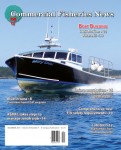 Read the rest of this story and much, much more in the December issue of Commercial Fisheries News. Buy this issue or Subscribe.
Read the rest of this story and much, much more in the December issue of Commercial Fisheries News. Buy this issue or Subscribe.
(Read online immediately with access key and download for future reference.)


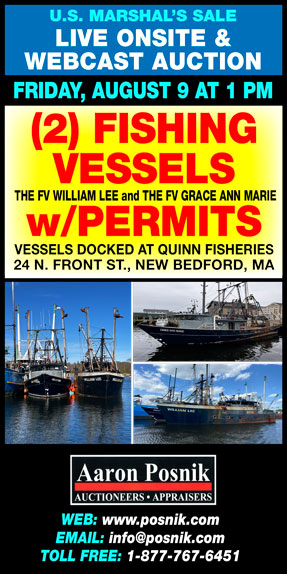
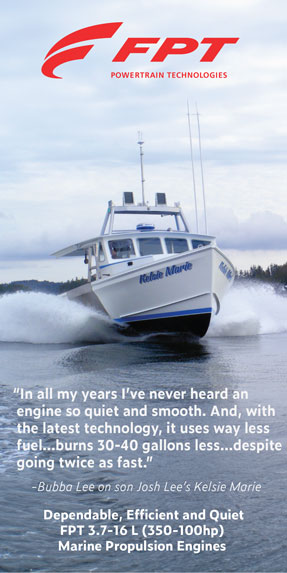
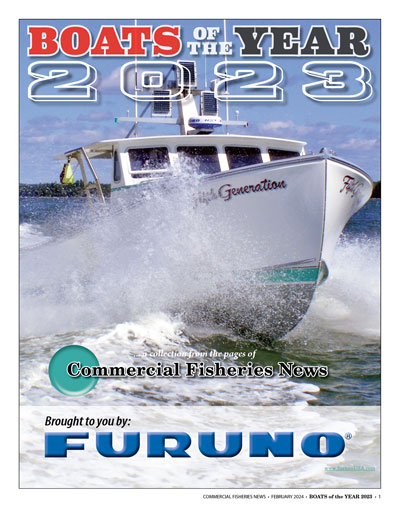
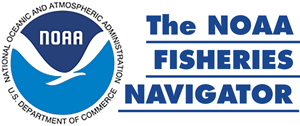

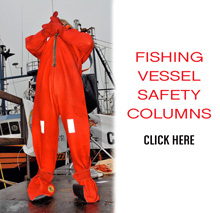
 Updating...
Updating...